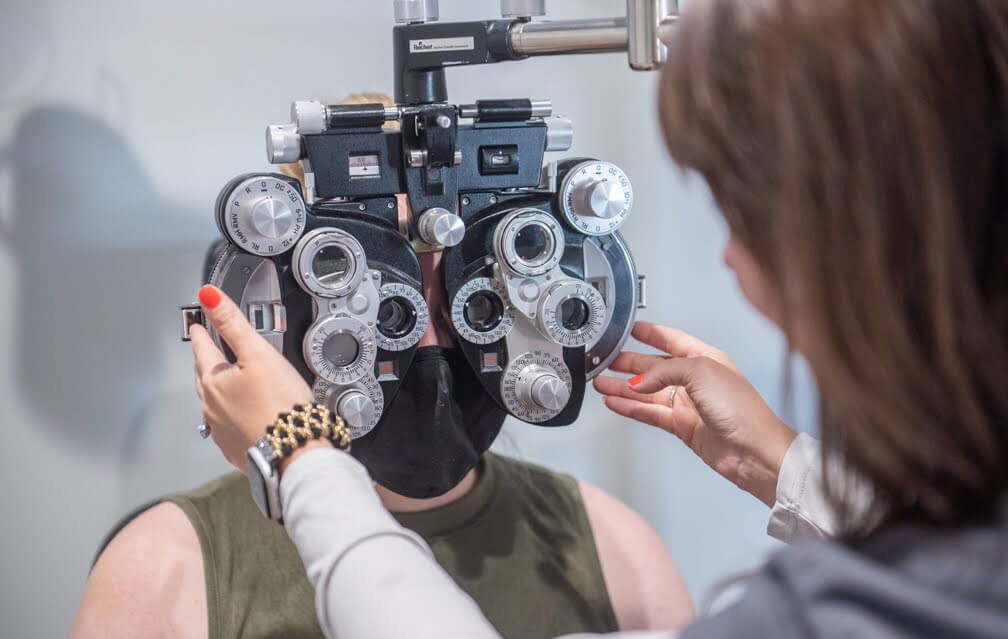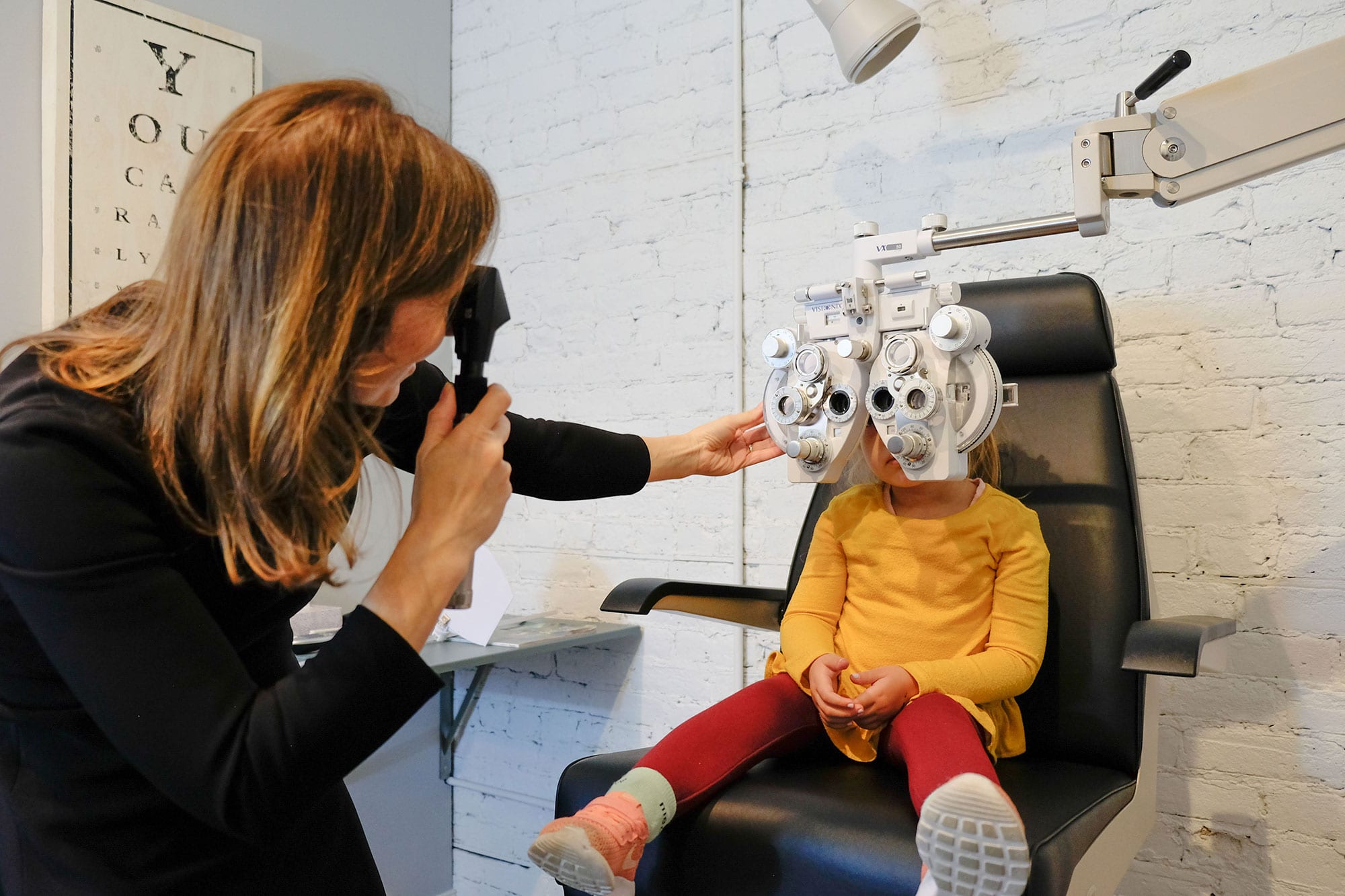1. Why Regular Eye Exams are Important
Regular eye exams are important so that you can maintain healthy eyes and protect your vision. When you schedule an appointment with our team at Vision Boutique, we provide a full range of services to examine every aspect of your visual health. Not only do we check for vision impairments that might require corrective lenses, but we also look for signs of eye disease.
Visiting an optometrist on a regular basis should be a priority. These eye exams offer a preventive solution to reduce the risk of vision loss in the future. In many situations, eye problems have a slow progression that causes irreversible damage. But, an experienced optometrist can detect eye conditions in the early stages, helping you choose the right treatments to slow the progress of the disease.
2. Eye Exams: When to Call for an Appointment
In most cases, a healthy adult needs an eye exam every year. A child’s first exam should be when they are six months old. Then, the optometrist can offer recommendations for frequency as the child grows.
Certain risk factors can increase the frequency of suggested eye exams. Patients with diabetes or a history of eye disease might need to visit an optometrist every six to twelve months. Talk to your eye doctor for personalized recommendations.
3. Tests During an Eye Exam
Typically, an eye exam will begin with a conversation about your medical history and the health of your eyes. The doctor asks these questions to see if any related conditions might be impacting your visual health. Then, a series of tests will begin to evaluate your vision and the function of the eyes.
These tests include a range of options, such as peripheral vision tests, visual acuity, slit lamp evaluation, binocular function tests, pupil reaction, eye movement and more.
If the eye doctor suspects signs of eye disease, then a variety of other tests might be used to determine the extent of the disease. These additional tests are used on an as-needed basis, depending on the visual health of each patient.
4. Early Detection to Protect Your Vision
Early detection of eye diseases is always the best solution if you want to protect your vision for the future. In most situations, there are no signs of problems in the early stages. But, tests can be used to detect these problems before the symptoms appear. Then, treatments can be recommended to reduce the risk of irreversible vision loss.
An eye exam can be the perfect opportunity for your eye doctor to diagnose a range of diseases:
- Glaucoma
- Cataracts
- Lazy Eye
- Astigmatism
- Presbyopia
- Myopia
- Pink Eye
- Diabetic Retinopathy
- Blepharitis
- Dry Eye Syndrome
- Crossed Eyes
- Eye Allergies
- And More
When eye diseases are discovered in the early phases, then treatments can be more effective to maintain your vision and prevent complications. Our team is always working hard to help you identify the best treatment plan to match your needs. If it is time for an eye exam, then we invite you to call our office to schedule an appointment.




